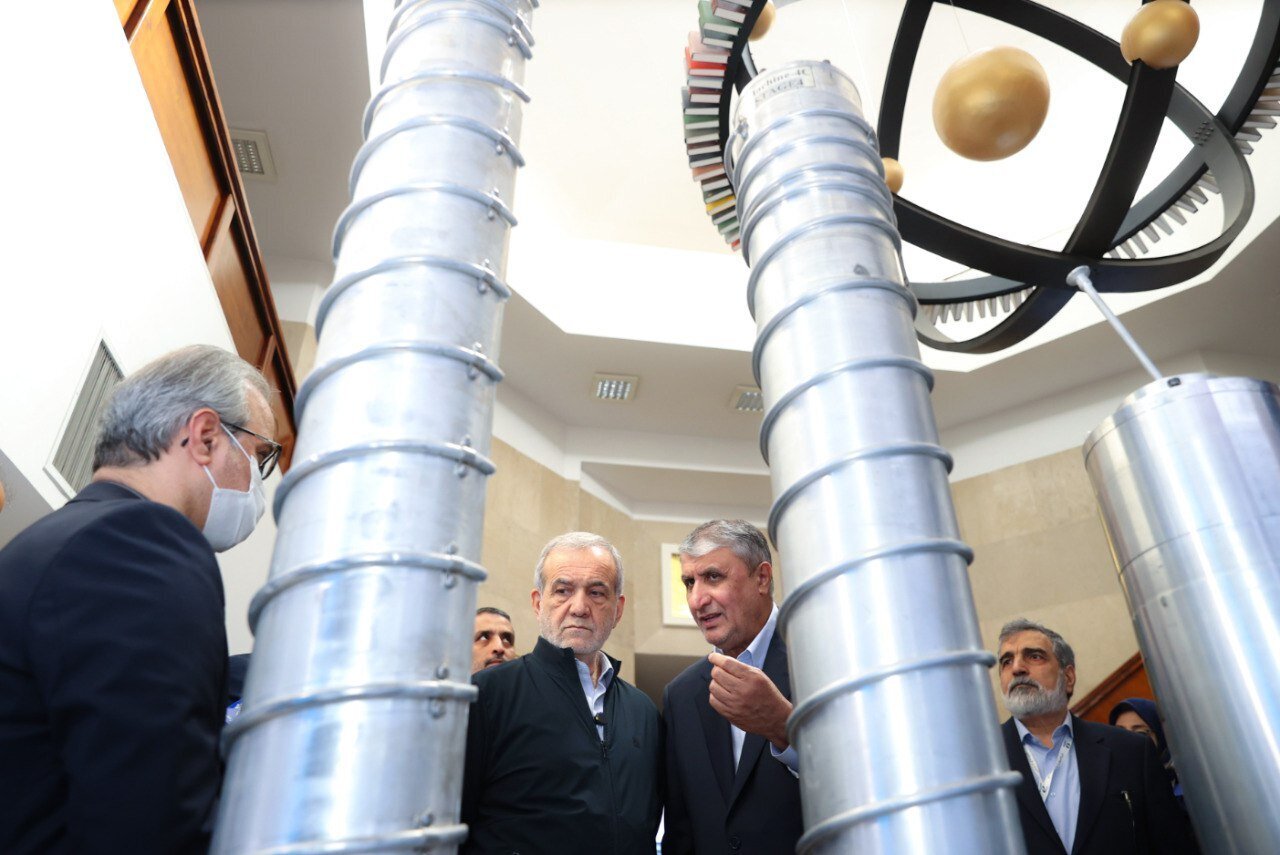US proposal asks Iran for ‘zero’ enrichment, Iran preparing rejection

TEHRAN – A U.S. proposal delivered to Iran via Oman on Saturday calls for an end to Iran’s uranium enrichment—a demand Tehran has consistently rejected, both privately and publicly, since indirect negotiations with Washington over its nuclear program began in April, according to information obtained by the Tehran Times.
So far, Iran and the U.S. have held five rounds of talks under Omani mediation, aiming to reach a deal that would impose limits on Tehran’s nuclear activities in exchange for the termination of sanctions. The negotiations are led by Iran’s Foreign Minister Abbas Araghchi and U.S. Special Presidential Envoy Steve Witkoff.
Iranian officials have repeatedly stated, including during these discussions, that uranium enrichment remains a red line. After enduring years of crippling sanctions and seeing its nuclear scientists get assassinated by Israel, Iran says it makes no sense for the country to give up the cornerstone of its nuclear program.
The current talks began after U.S. President Donald Trump sent a letter to Ayatollah Seyyed Ali Khamenei, the Leader of the Islamic Revolution, signaling a willingness to soften his stance from his first term, when he withdrew from the original nuclear deal, the JCPOA, and demanded that any new agreement also include restrictions on Iran’s military and foreign policy.
So far, the U.S. has avoided raising non-nuclear issues, the Tehran Times has learned. However, its recent insistence on halting uranium enrichment—a shift from its initial position in early April—has raised doubts about Washington’s sincerity in reaching a deal.
Doubts among Iranian political factions first grew after the third round of talks, when Witkoff and other U.S. officials separately told media outlets that Iran must cease enrichment and dismantle related facilities. These remarks, repeated sporadically in subsequent weeks, also unsettled analysts who initially believed the two sides were well-placed for an agreement.
Before Iran agreed to enter negotiations, Ayatollah Khamenei expressed skepticism that talks with the U.S. would yield results—a prediction that now appears increasingly plausible.
Although Araghchi himself avoided optimism throughout the five rounds, some speculated that after seven years of a failed "maximum pressure" campaign, Trump might be ready to pivot toward a mutually beneficial deal: one ensuring Iran could not develop nuclear weapons while respecting its right to a peaceful nuclear program free from economic coercion.
Leave a Comment